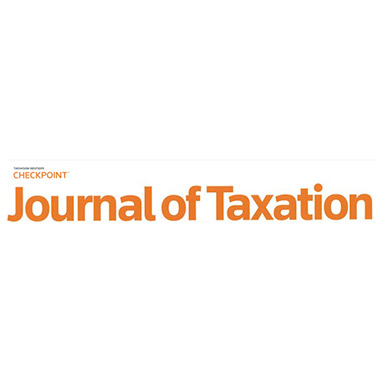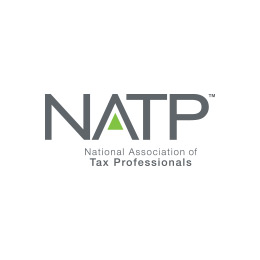Let’s face it: taxes are complicated. It is so complicated, in fact, that most people hire someone specifically to make sure that their tax forms are completed properly. The process is complicated enough when you only have national assets. Once foreign trusts and accounts are put into the mix, things can get very tricky very quickly, and it is easy for people to slip up and inadvertently draw the ire of the IRS. One form that can sometimes trip people up is Form 3520. This is a tax form that must be filed to report a large transaction from foreign entities like trusts, corporations, or even individuals. Failure to file this form can result in significant financial penalties.
When you are facing tax penalties, you need experienced legal counsel in your corner. Our lawyers know tax systems inside and out, so we can help you through any mistakes or issues that are present in your tax filings and make sure that you get things squared away.
To have our team of tax lawyers examine your case, call McCormick Tax Law at (888) 973-3503.
What is Form 3520 in Tax Law and When Do I Need to File One?
Form 3520 is a tax form that you must file when you have transactions with offshore accounts, foreign trusts, and offshore inheritances. It can be hard to know when you have to file Form 3520 with the IRS, so our trusty tax lawyers have put together a list of circumstances when you need to do so.
Gifts From Foreigners
United States citizens who receive gifts from foreign persons must file Form 3520 with the IRS. The threshold that triggers the filing of Form 3520 is receiving gifts or inheritances from a foreign entity that are more than $100,000. You must also file Form 3520 if you receive gifts or inheritances from a foreign corporation or partnership that exceeds $16,388.
Some transfers of this nature are exempt from the requirement to file Form 3520. If a US citizen receives a gift from another US citizen who got it from a foreign person, Form 3520 does not need to be filled out. Additionally, a spouse giving another spouse a gift that has a foreign origin does not trigger a Form 3520 requirement.
Severe penalties are possible if you fail to report these things. You may have a maximum of %25 of the value of unreported things taken away if you do not file this form.
Owning a Foreign Trust
If you own a foreign trust, you need to file Form 3520. What constitutes a “foreign trust” is any trust that is not based in the United States. You are considered the owner of a trust by the IRS if you can modify or revoke a trust or are the beneficiary of the trust.
When you file Form 3520 because you are the owner/beneficiary of a foreign trust, you need to include information about the trust’s beneficiaries as well as ensure that the trust has an income tax return. Failure to do those things can result in penalties.
If you do not make sure that the foreign trust you own complies with all tax rules and regulations, you can face serious penalties, such as fines totaling up to 35% of the value of anything transferred into a foreign trust.
Distribution from a Foreign Trust
US citizens who receive a distribution from a foreign trust will need to file Form 3520. This form will require information about the distribution you got, including when you got it, how much money was in the distribution, and other details about the trust that made the distribution. Failure to fill out Form 3520 after getting a distribution from a foreign trust can result in the IRS taking up to 35% of the distribution in penalties, so you must file this form when necessary.
Abatement in Form 3520 Filings
The first time you may be aware that you have gone afoul of tax requirements is when the IRS sends you a CP15 notice. These notices are sent after a person who is supposed to file form 3520 did not do so. Getting a notice from the IRS that you have not done something you were supposed to do can be scary, but our lawyers can help you figure out the best course of action to make sure you get everything sorted.
Once you get a CP15 notice, you have 30 days to ask for an abatement. An abatement is a request to reduce the amount you owe in taxes. When you ask for an abatement, you have to explain why you should be exempt from the taxes you were supposed to pay. The IRS will go over your abatement request and, if they decide, grant you an abatement. Reasons the IRS may grant an abatement include natural disasters, difficulty getting records that would suggest you need to pay certain taxes, and more.
If the IRS approves your abatement, it can get rid of any penalties right away. However, if the IRS does not approve your letter explaining your situation, you will receive a Letter 845C, which will tell you why the IRS is denying your claim. However, that is not the end of the story. You can still appeal a denial of an abatement, and our lawyers would be happy to assist you in that endeavor.
Talk to Our Tax Lawyers About Your Form 3520 Concerns Today
Our team of tax lawyers can look over your situation when you contact McCormick Tax Law by calling (888) 973-3503.










